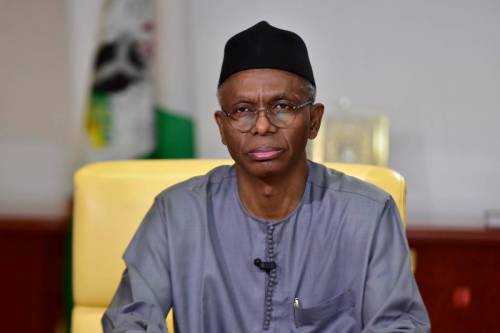
Lagos State Governor Babajide Sanwo-Olu has said that the current revenue sharing formula in the country is far from being fair, just and equitable.
The governor, who canvassed a new sharing revenue formula, urged his counterparts across the federation to explore ways of reducing dependency on monthly federal allocations by adopting creative and innovative strategies to boost their Internally-Generated Revenue (IGR).
The governor, represented by his deputy, Dr. Obafemi Hamzat, at the opening ceremony of the Federation Account Allocation Committee’s retreat tagged “Efficient Federation Revenue Allocation as a Nexus for National Economic Diversification” in Lagos yesterday, said it was imperative of states to device a creative method that would boost new sources of export in the bid to meet the yearnings and aspirations of Nigerians.
According to him: “We must do everything within our powers to create and boost new sources of export, especially along the lines of value-added agriculture and manufacturing.
“There is actually a correlation between an appropriate revenue formula and the ability to federate units to achieve a meaningful diversification and sustainable growth in IGR.
“Lagos shoulders a heavy burden, which if not properly discharged, poses a great danger to the attainment of our national economic growth aspirations.’’
He stated that Lagos needs help if it is to be able to meet the challenges of half a million people migrating into Lagos daily.
“The new revenue formula should take cognisance of population density in addition to the nominal population while also increasing Lagos Share of Valued Added Tax (VAT). Lagos getting 10 per cent of VAT while contributing 55 per cent as equitable,” he said.
Meanwhile, Minister of Finance, Budget and National Planning, Hajia Zainab Ahmed, in her keynote address, represented by the Permanent Secretary in the ministry, Mahmud Dutse, commended the synergy between the federal and other tiers of government, urging the states to consider IGR as a critical instrument of funding by blocking leakages and ensure effective and efficient collection of revenue.
She said the Federal Government had embarked on “policies and measures to improve the fiscal health of the Federal Government and states.”
She said: “The introduction of State’s Fiscal Transparency, Accountability and Sustainability (SFIAS) in partnership with World Bank was to strengthen fiscal discipline and financial stability. A regime of peer learning will help states in revenue drive.
While acknowledging states’ interest and efforts to meet the eligibility criteria and conditions for disbursement linked indicators, the minister said states would soon benefit from the grants.
However, she expressed concern that states relied largely on federal allocations to finance their budgets and described it as “ not only risky but also unsustainable.”
Source: Theguardian




